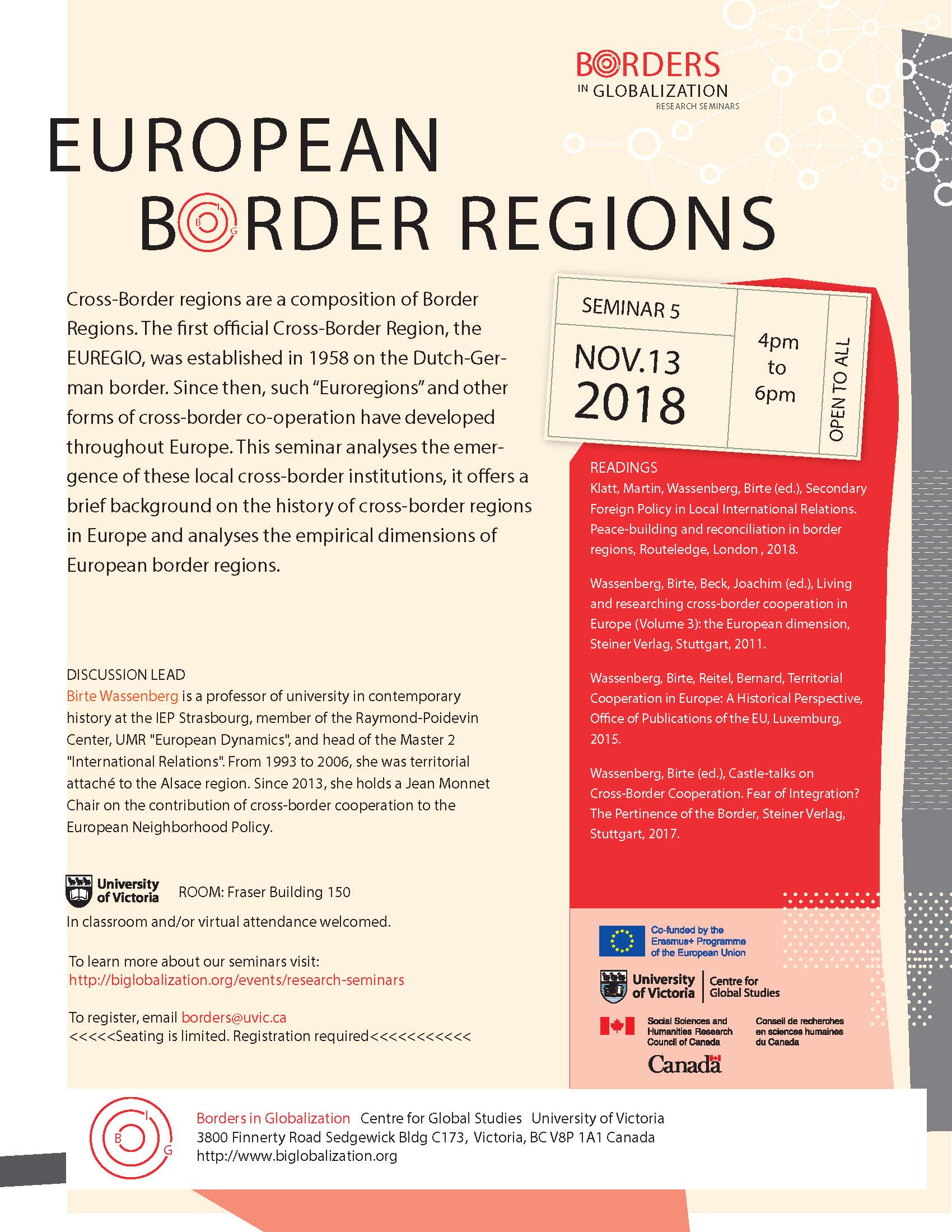Beyond Borders. Culture, Language, and Identity in European Integration
Beyond Borders. Culture, Language, and Identity in European Integration
Organized by Universitat de Girona (UdG) | Transfrontier Euro-Institut Network (TEIN)
October 21 and 22, 2025
Girona. Faculty of Arts, Universitat de Girona.
The conference Beyond Borders: Culture, Language, and Identity in European Integration will bring together experts, politicians, academics, and community members to reflect collectively on the following aspects:
- How broad cultural expressions (from languages, literature, history, tourism, gastronomy, landscape, etc.) can foster mutual understanding and cooperation between neighboring regions.
- Success (and failure) stories where culture has been a driving force for cross-border cooperation.
- How different identities can enrich cooperation initiatives.
- Strategies to promote, question, hybridize, and preserve cultural and linguistic identities in border regions and throughout Europe.
- The role of languages as a vehicle for communication and cultural exchange.
- The role of shared cultural heritage. Successful cross-border cultural projects.
- Educational programs that promote multilingualism, intercultural understanding, and cross-border cultural exchange.
- How local, regional, and national identities can coexist with a broader European identity.
The conference is jointly organized by the University of Girona (UdG) and the Transfrontier Euro-Institut Network (TEIN), with the support of the Borders in Globalization-21st Century project.
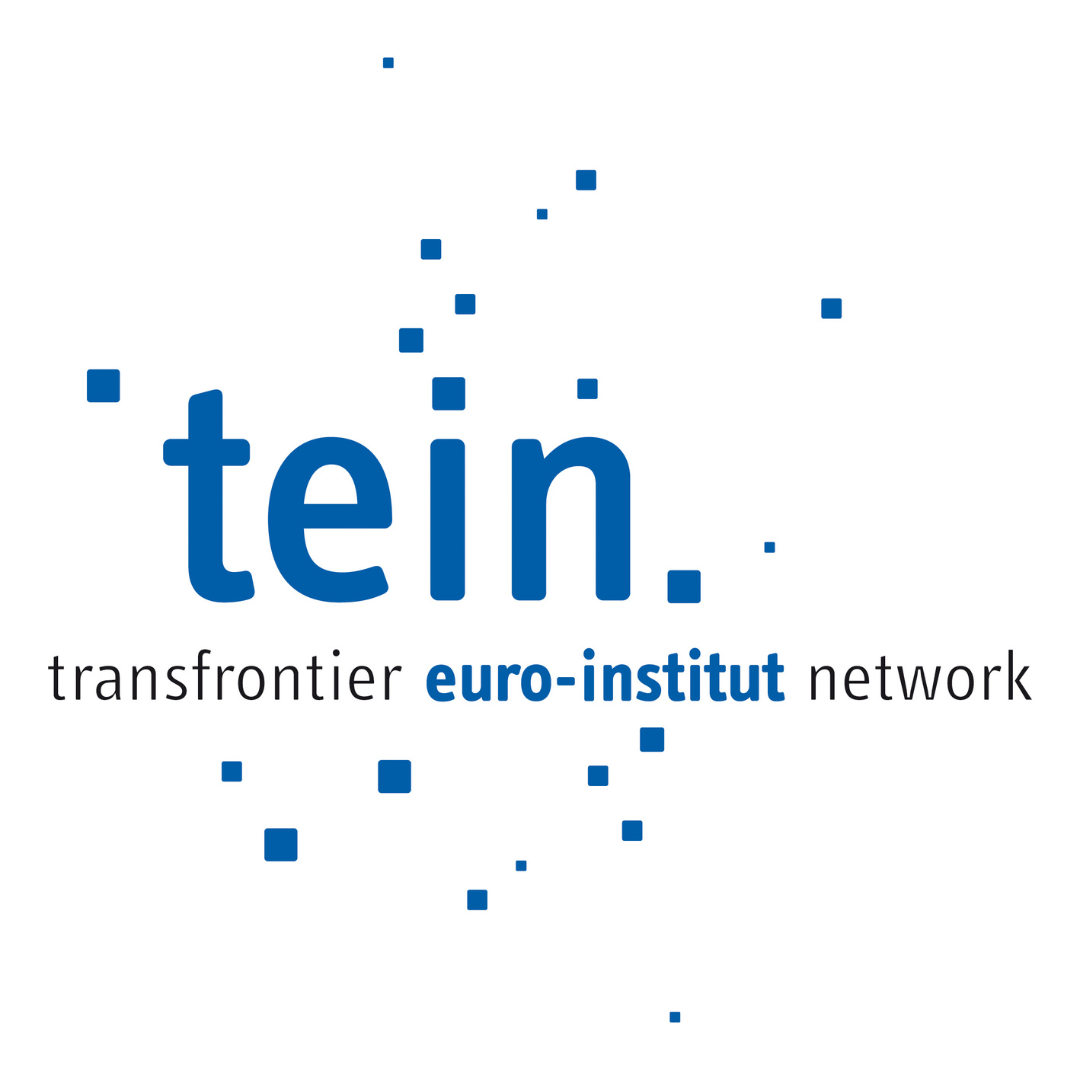
FRONTEM Keynote: Cross-Border Relations on the Canada/United States Border and the European Union: MultiLevel Governance?
with Laurie Trautman, Jean Peyrony, and chair Birte Wassenberg | Victoria, Canada & Zoom | July 6, 2023
“Cross-Border Relations on the Canada/United States Border and the European Union: MultiLevel Governance?” was presented on July 6th, 2023 by Laurie Trautman and Jean Peyrony, chaired by Birte Wassenberg.
This keynote event was part of the FRONTEM Conference hosted from July 6th–7th at the University of Victoria.
The event took place from 5:30–7:00pm PST on the 6th and was open to the greater public. Attendees joined both in-person and over Zoom.
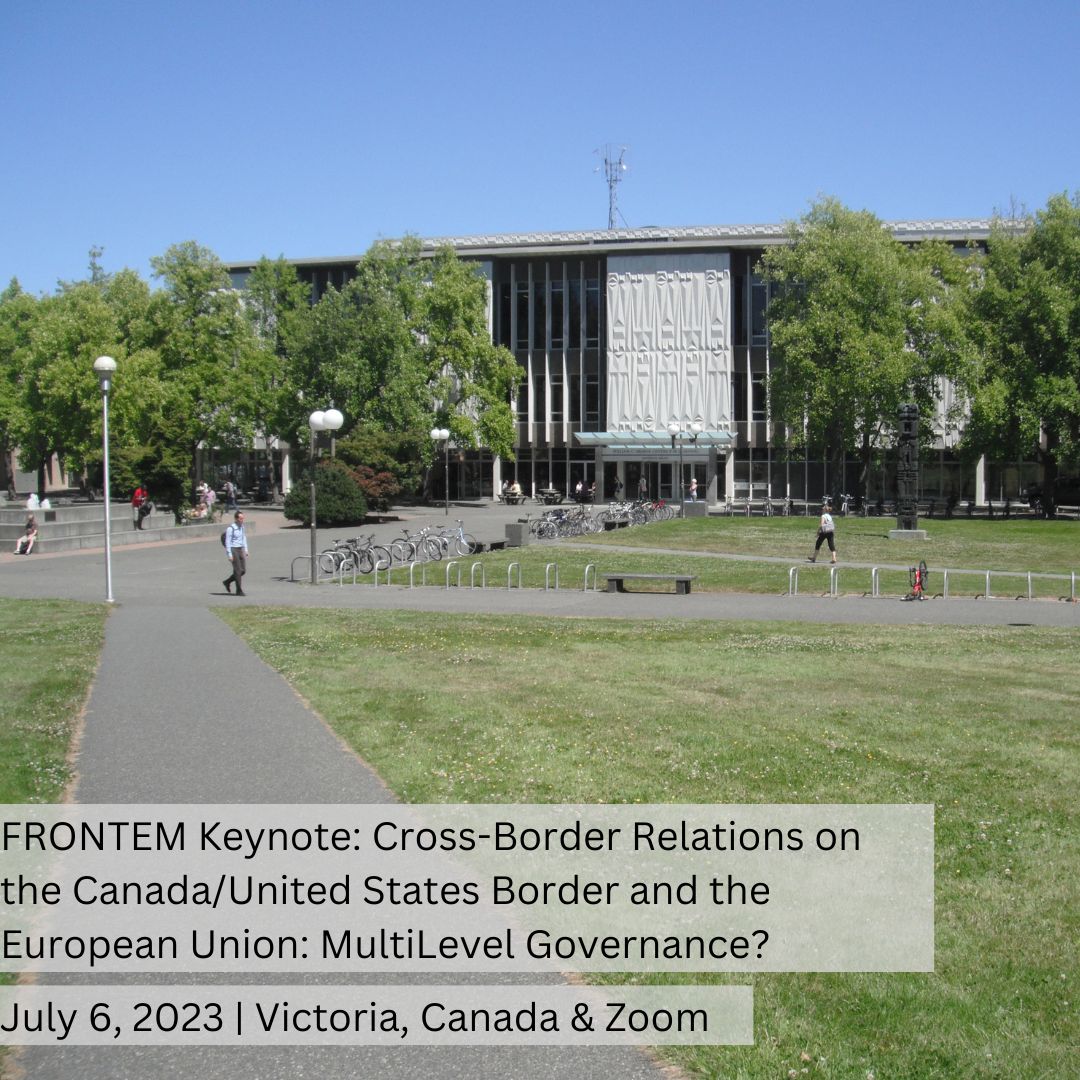
#18 BIG Podcast – “History of cross-border cooperation in Europe since 1945”
featuring Birte Wassenberg – Professor in Contemporary History at the University of Strasbourg, France
The border reflects a division of the world into territorialized state, juridical and political orders that are spatially separated by territorial delimitations. Cross-border cooperation connects local and sub-national authorities, on both sides and across borders. In fact, this phenomenon challenges both the monopoly of external relations of the State, and the nature of the juridical limit of borders for subnational actions. This object of study is extremely complex, because we have a lot of terminologies, actors, tools, contexts, challenges, trends… The historical angle is the basis of the intelligibility. We will understand better this vast constellation with historian Birte Wassenberg.
Birte Wassenberg is Professor in Contemporary History at Sciences Po at the University of Strasbourg and member of the Research Unit Entre d’études internationales et européennes (CEIE). She holds a Jean Monnet Chair, is director of the Jean Monnet network Borders in Motion (FRONTEM), deputy director of the Franco-German Jean-Monnet Center of Excellence and director of the Master in Border Studies, International Relations. From 1993 to 2006 she was responsible for cross-border cooperation at the Région Alsace. Her research fields are: border regions, Euro-scepticism and the history of European organizations, especially the Council of Europe. She is also a former student from the College of Europe, promotion Charles IV, (1992-1993).
Listen on Apple Podcasts, Spotify, and YouTube!

#14 BIG Podcast – “Les frontières et la cohésion territoriale européenne”
featuring Jean Peyrony – Directeur général de la Mission Opérationnelle Transfrontalière
Les régions frontalières et transfrontalières sont au cœur de la construction européenne. La cohésion territoriale est l’un des objectifs de l’Union européenne : cette politique vise à réduire les écarts de niveaux de vie et de développement dans les régions de l’UE. La Mission Opérationnelle Transfrontalière est une agence française qui aide à la compréhension des enjeux des espaces transfrontaliers. Quelles sont les relations entre l’objectif de cohésion territoriale européenne et les frontières ? Quels sont les enjeux en termes de gouvernance transfrontalière ? Qu’est-ce qu’un bassin de vie transfrontalier ? De nombreuses questions sont posées et l’heure est à la réinvention de concepts et de méthodes pour des politiques publiques plus résilientes dans le contexte frontalier et transfrontalier. Une meilleure intégration transfrontalière est donc à l’ordre du jour. Eléments de réponse et de réflexion avec Jean Peyrony, directeur général de la MOT.
Listen on Apple Podcasts, Spotify, YouTube, and the Podcast App!
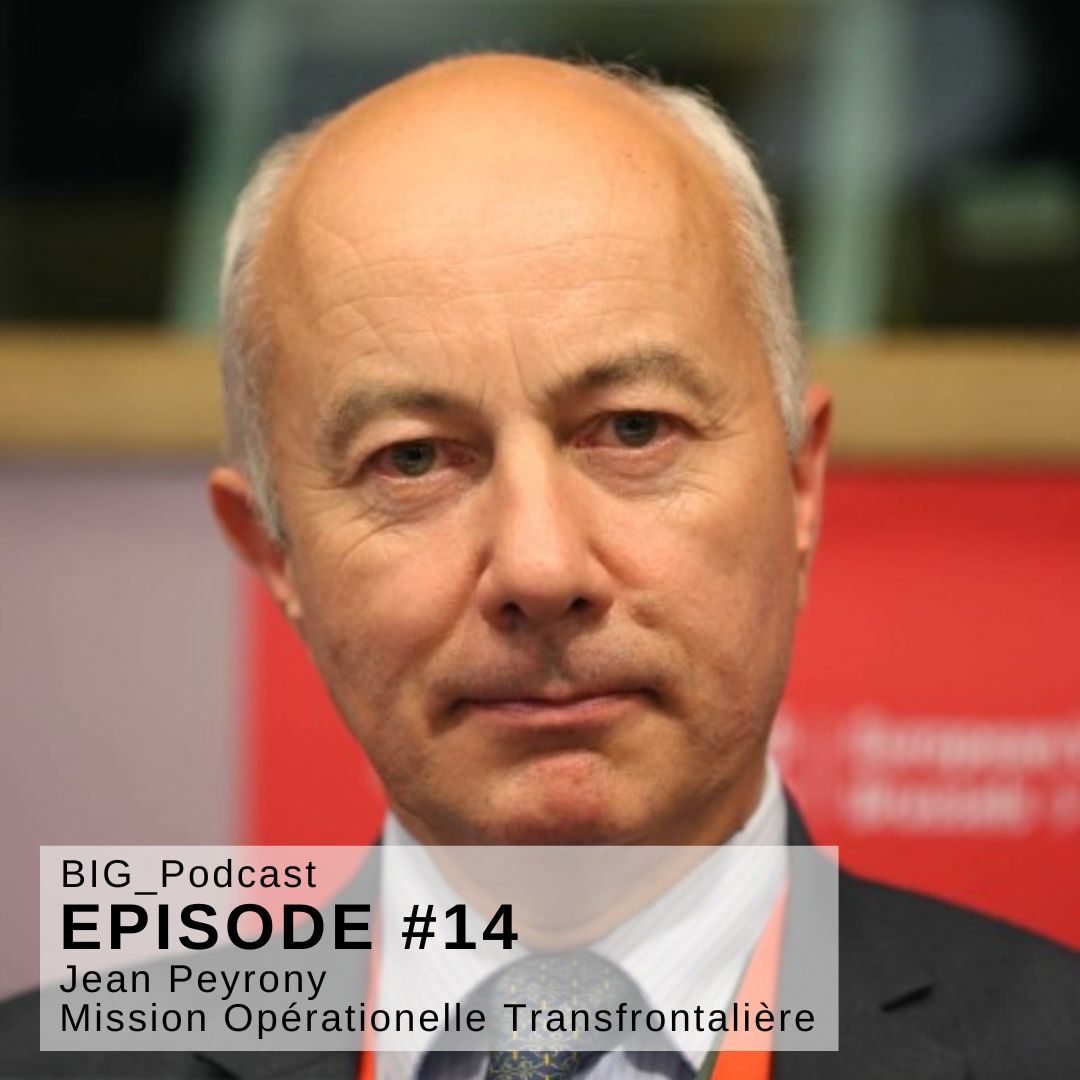
Borders in Flux and Border Temporalities In and Beyond Europe
Belval, Luxembourg | December 15-16, 2022
Find more information on the event and a detailed programme on the C²DH website.
Border studies is an interdisciplinary field of research in which existing scholarship has primarily been spatially oriented. The conference Borders In Flux and Border Temporalities In and Beyond Europe shedded light on research that focuses on the temporality of borders. The conference connected leading researchers as well as established and early-stage researchers to present, share and discuss their research on borders, borderlands, and border regions in and beyond 19th and 20th century Europe.
The conference invited scholars whose research sheds light on the temporal dimension of borders by exploring border practices, border discourses, and analyses of border regimes and life at the border in Europe. The conference included papers that focus on topics that are related to identity, historical memory, minorities, cross-border experiences, cross-border cooperation, and regionalism. The conference also highlighted methodological and conceptual considerations of researching borders in and through time and space.
The conference was organised by the Luxembourg Centre for Contemporary and Digital History (C²DH) and the Transfrontier Euro-Institut Network (TEIN) in collaboration with BIG, the UniGr Center for Border Studies and the Social Sciences and Humanities Research Council of Canada.
Keynote Speakers:
Carolin Leutloff-Grandits: “Of being stuck or moving on: border temporalities along the EU’s external border in the Western Balkans.” Leutloff-Grandits, PD Dr. phil., is a social anthropologist and works as a senior researcher at the interdisciplinary Viadrina Center B/ORDERS IN MOTION at the European University Viadrina. Her research interests include migration, borders, temporality, social security, and family. She is particularly concerned with the countries of the former Yugoslavia and with Germany.
Alena Pfoser: “Remembering as bordering: Using memory studies to understand border temporalities.” Pfoser is Senior Lecturer in Communication and Media Studies at Loughborough University, UK. Her main areas of expertise include memory in contested settings, heritage and tourism industries, borders and borderlands, and qualitative and arts-based methods. For her doctoral and postdoctoral projects, she conducted research on the Russian-Estonian borderland, exploring the interrelations and tensions between official and vernacular memories in two border towns as well as questions of spatial peripheralisation.
Emmanuel Brunet-Jailly is a Professor of Public Administration, and the director of Borders in Globalization (BiG) and 21st century borders research projects at the University of Victoria, Canada. His research interests are comparative border and migration studies, policy governance as well as policy relevant research. He has published over 100 articles and book sections, and 12 books/sections of academic journals.
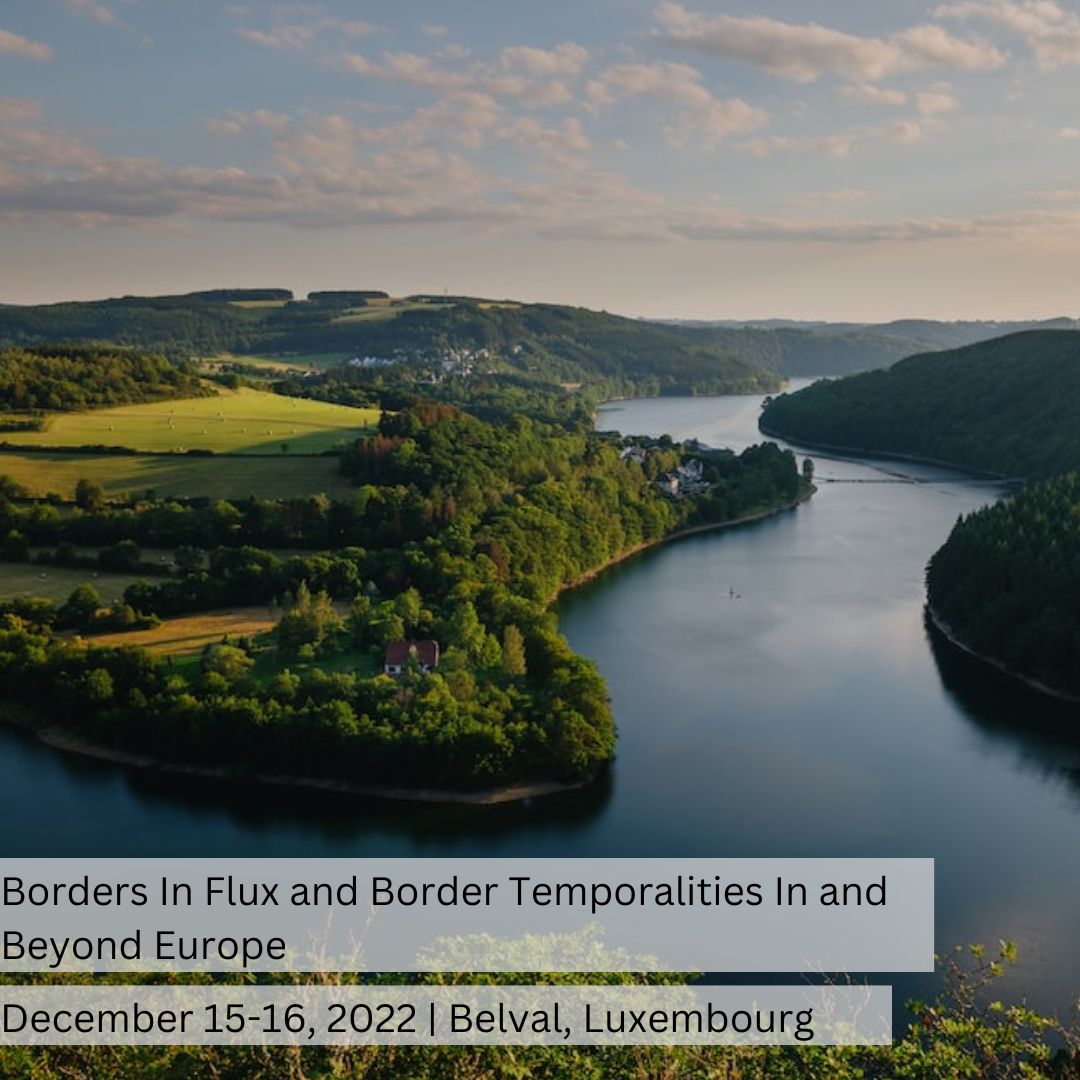
#13 BIG Podcast – “Frontières internes et frontières externes de l’Union européenne”
featuring Frédérique Berrod – Professeure à Sciences Po Strasbourg, France
L’Union européenne poursuit le projet de créer une intégration juridique entre différents Etats sur le plan institutionnel et le plan matériel. Mais quels sont ses effets sur les frontières entre les Etats qui la composent ? En outre, le droit de l’UE développe une régulation juridique propre. Que sont les frontières internes de l’UE? Et que sont les frontières externes de l’UE ? Dans ce paysage complexe, avec le marché intérieur, l’espace de liberté, de sécurité et de justice, l’espace Schengen, la coopération transfrontalière, les relations commerciales de l’UE, on note la présence de facteurs qui tendent à une dévaluation juridique des frontières, et d’autres qui conduisent à une réévaluation juridique des frontières. Nous tenterons d’y voir plus clair avec Frédérique Berrod.
Listen on Apple Podcasts, Spotify, YouTube, and the Podcast App!
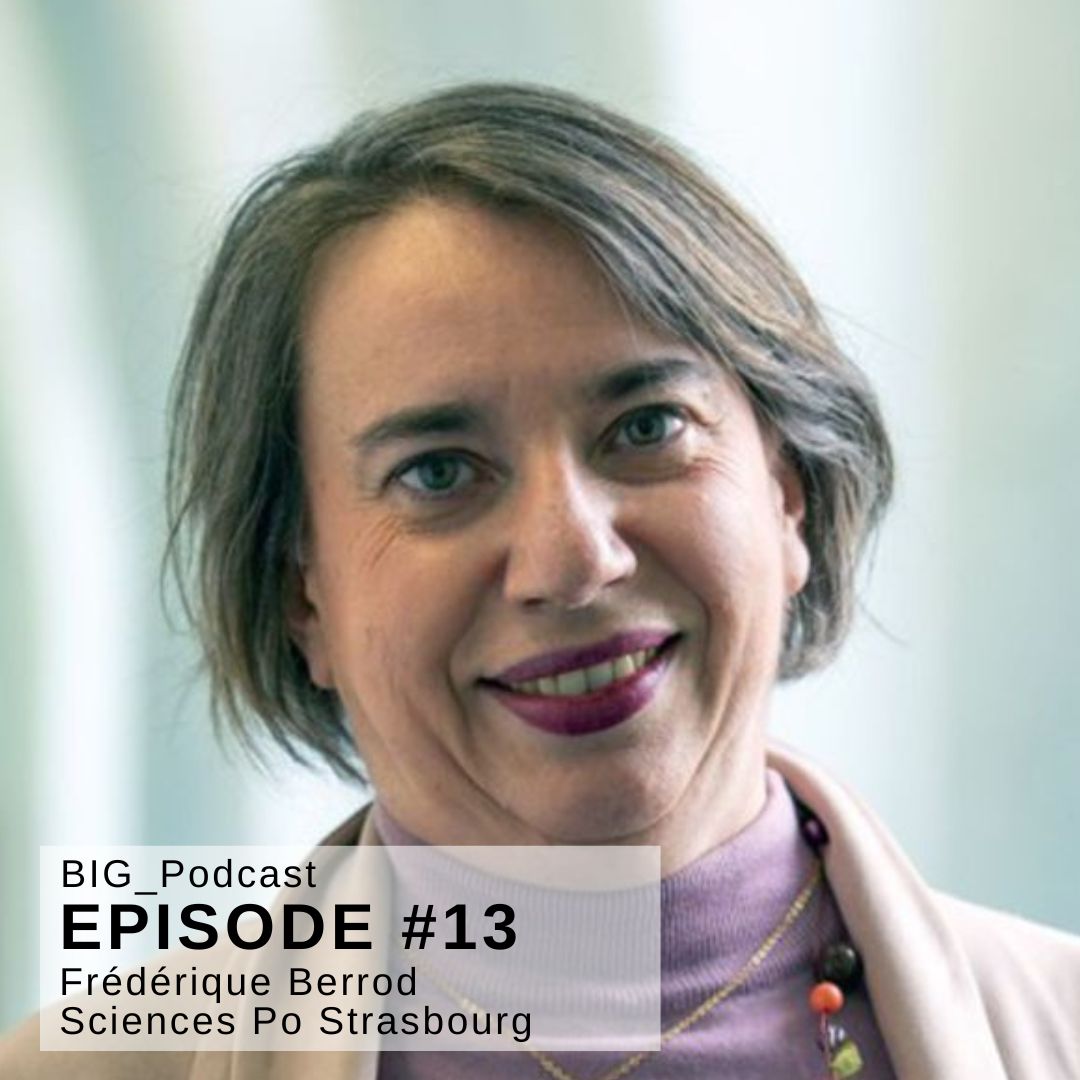
VI Association of European Border Regions Cross-Border School
Szeged, Hungary | September 28th, 2022
The VI edition of AEBR Cross-Border School was held in Szeged, Hungary on Wednesday, 28 September 2022, in cooperation with the Euroregion DKMT, and in close collaboration with the Radboud University of Nijmegen and the Province of Gelderland (NL). From 2022 on, the CBS is also part of the 21st Century Borders project, led by the University of Victoria, Canada.
This year’s general emphasis was on youth and CBC with a number of panels on the following topics:
1. Growing a new generation of cross-border cooperation enthusiasts
2. Education across borders
3. Youth mobility and opportunities
4. Strategies to retain young people/talent; “empty” regions
5. University cooperation for cross-border cooperation education
Each session consisted of a keynote from an academic or a practitioner/expert and a response by a practitioner/expert or an academic. A dialogue with the audience followed in each case.
BIG Director Emmanuel Brunet-Jailly and BIG Scholar Martin Van der Velde were present and presenting in-person.
More information here!

Policy Partner – Headquartered in Gronau, Germany
Association of European Border Regions
Primary Contact: Martin Guillermo-Ramírez (Secretary General)
The Association of European Border Regions (AEBR) is one of the oldest regional associations in Europe (founded in 1971), with a hundred members (border and cross-border regions) in thirty European countries. AEBR works in the interest of border regions toward the European Union and national authorities, developing capacities, increasing awareness, organising events and implementing projects.
AEBR currently implements IVY (Interreg Volunteer Youth) on behalf of the European Commission’s DG REGIO, which has supported the deployment of more than 750 young Europeans in Interreg programmes and projects during the last five years. It also manages b-solutions to tackle cross-border legal and administrative obstacles and test possible solutions. Furthermore, it takes part in other projects in Europe and other continents. It has recently finished a study for DG SANTE on cross-border patients’ flows in various EU cross-border areas.
In the last years, AEBR’s strong interest in closer a partnership with universities and research institutions has led to the organisation of Cross-Border Schools (a year event with cross-border researchers and practitioners since 2017), its participation in the Transfrontier Euro-Institut Network (TEIN), various Jean Monet Network initiatives and other research projects. It also promotes joint action at the European level with the Mission Opérationnelle Transfrontalière (MOT) and the Central European Service for Cross-Border Initiatives (CESCI).
Our role in the 21st Century Borders project
Our primary reason is to further develop our existing collaboration into a structured research agenda on specific changes brought by EU and national regulations to EU internal and external borders. We follow in particular the regulatory impact on the territories of our current and potential members, border and cross-border regions within and outside the EU, above and beyond currently existing instruments for cross border cooperation such as Interreg and the European Grouping of Territorial Cooperation. We are very interested in fostering research in transregional mobility, youth, opportunities for SMEs, cross-border circular economy and provision of public services across national boundaries addressing cross-border peoples. We are interested in general research topics and specific aspects such as the mutual recognition of qualifications, the coordination of existing services, pre-existing regulations, etc.
As one of the international partners of research on “21st Century Borders”, a representative of AEBR attends and votes on the International Advisory Board of 21st Century Borders. We are responsible for co-organising five seminars (one per year) —the Cross-Border School— in 2021-2025 in close coordination with AEBR General Assembly and Annual Conference and in partnership with the Radboud University Professor Martin van der Velde (European Coordinator for the Cross-Border School). In collaboration with the University of Victoria and the 21st Century Borders Partnership, we will also prepare five research papers related to the workshops mentioned above.
Learn more about AEBR here.

International Conference: Fake News, Disinformation and Post-Truth Politics: Comparing the European Union and other Western Democracies
Victoria, BC | August 31st – September 2nd, 2022
The Jean Monnet Network on Post-Truth Politics, Nationalism and the (De-)Legitimation of European Integration organized a conference from August 31, 2022 – September 2, 2022 at the University of Victoria, British Columbia, Canada. They invited proposals for individual papers on the subject of fake news, disinformation and post-truth politics looking at the impact of these issues on Western Democracies and the European Union in a comparative perspective.
Many events from this conference were free and accessible for the public.

Seminar 5: European Border Regions
Fraser 150, UVic | November 13, 2018
This seminar will be held on November 13th, 2018, in room 150 of the Fraser building (this is a room change) at the University of Victoria. Please email [email protected] to register and/or to get access to join remotely.
Cross-Border regions are a composition of Border Regions. The first official Cross-Border Region, the EUREGIO, was established in 1958 on the Dutch-German border. Since then, such “Euroregions” and other forms of cross-border co-operation have developed throughout Europe. This seminar analyses the emergence of these local cross-border institutions, it offers a brief background on the history of cross-border regions in Europe and analyses the empirical dimensions of European border regions.
Readings:
– Klatt, Martin, Wassenberg, Birte (ed.), Secondary Foreign Policy in Local International Relations. Peace-building and reconciliation in border regions, Routeledge, London , 2018.
-Wassenberg, Birte, Beck, Joachim (ed.), Living and researching cross-border cooperation in Europe (Volume 3): the European dimension, Steiner Verlag, Stuttgart, 2011.
-Wassenberg, Birte, Reitel, Bernard, Territorial Cooperation in Europe: A Historical Perspective, Office of Publications of the EU, Luxemburg, 2015.
Wassenberg, Birte (ed.), Castle-talks on Cross-Border Cooperation. Fear of Integration? The Pertinence of the Border, Steiner Verlag, Stuttgart, 2017.
Researcher: Birte Wassenberg is a professor of university in contemporary history at the IEP Strasbourg, member of the Raymond-Poidevin Center, UMR “European Dynamics”, and head of the Master 2 “International Relations”. From 1993 to 2006, she was territorial attaché to the Alsace region. Since 2013, she holds a Jean Monnet Chair on the contribution of cross-border cooperation to the European Neighborhood Policy.
